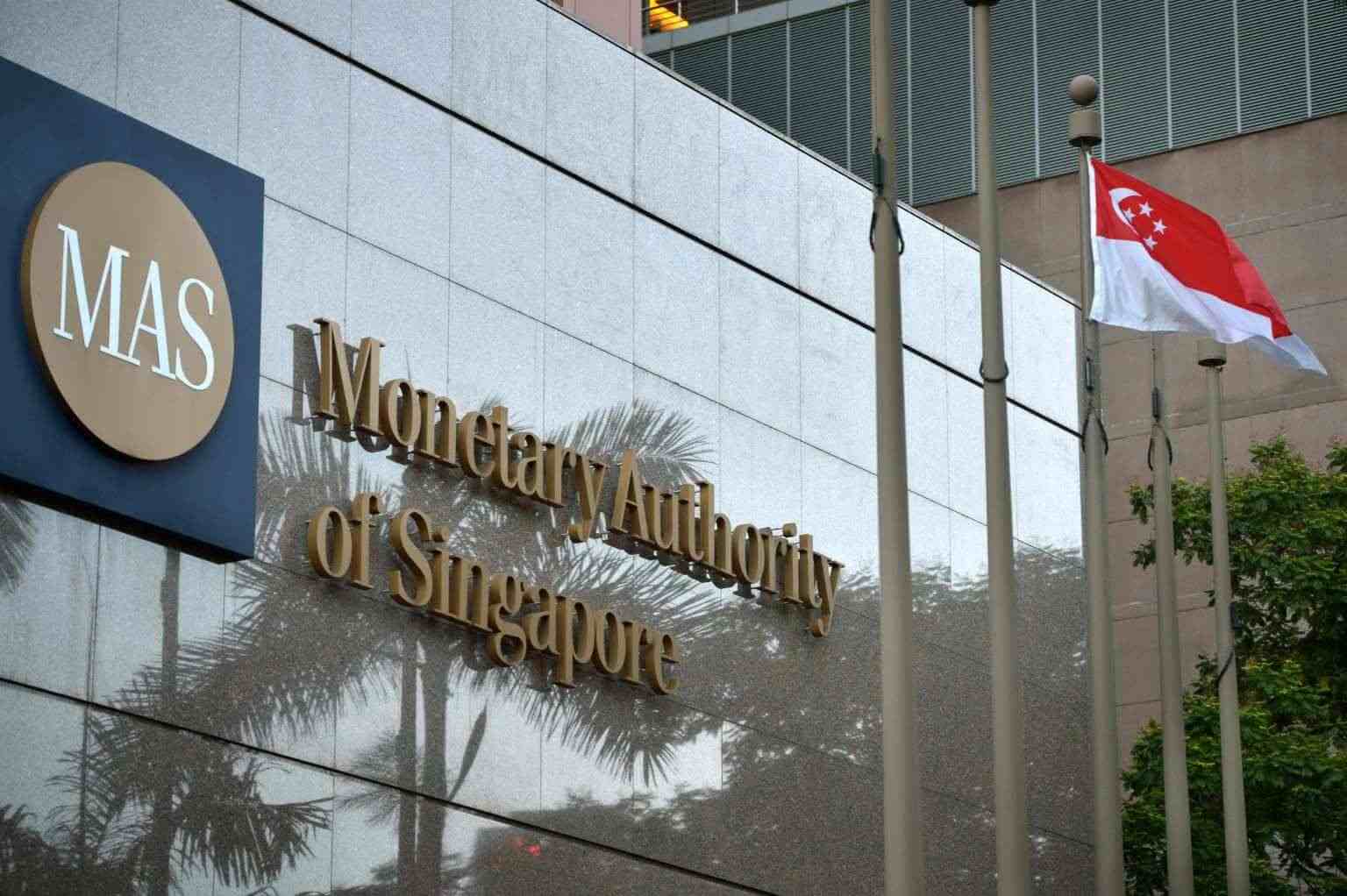‘Business sans Borders’ is a collaboration between Monetary Authority of Singapore (MAS) and the InfoComm Media Development Authority (IMDA) to focus on improving the digitalization and globalization of Small and Medium-sized Enterprises (SMEs). The initiative will highlight the potential opportunities for SMEs.
Additionally, the partnership involves six private sector partners to create a Proof of Concept (POC) hybrid business data and digital solutions hub. These partners are GlobalLinker1, Mastercard, SAP, Yellow Pages and 99%SME (DBS Bank and SingTel). The global solution will be based on Artificial Intelligence (AI).
The initiative of ‘Business sans Borders’ is intended to accomplish targets such as, to provide a large set of digital services and connections to enhance domestic and international trade opportunities for SMEs, to promote interoperability between SME ecosystems, to facilitate quick and intuitive access in the provision of digital services(such as financial and professional services) with seamless integration, and to provide a sandbox environment to accelerate testing and delivery of new services for SMEs.
While, it is aiming to test and develop its features during the POC stage, by the first quarter of 2019, its distinctive features include:
(a) Multi-ecosystem sandbox, containing anonymized SME data, which can be used to initiate new trading opportunities or services through digital discovery.
(b) Services App Store for the promotion of new and relevant services to SME ecosystems and SMEs.
Advertisement
(c) Smart AI Engine for the seamless matching of demand and supply of services and products between SMEs across various SME ecosystems.
During the announcement of this joint venture called ‘Business sans Borders,’ Ravi Menon, Managing Director of MAS discussed the fintech ecosystem in detail. He also touched upon some of the problems within the current financial environment such as KYC processing. He stated that the personal KYC issue has been substantially resolved. But corporate KYC is far more complex.
Applauding the partnership, he commented, “Business sans Borders will do two things; it will enable SMEs to connect in a global services marketplace, where they can explore synergies in digitalising their business processes and mutualise costs. It will allow solution providers to more effectively reach out to SMEs who tend to be highly dispersed and are sometimes hard to reach.”
He further added, “Business sans Borders will begin with a proof-of-concept next year, with three features – first, a sandbox where startups and established players come together to experiment and build relevant solutions; second, an “app store” where SMEs can access a wide range of services, from finance and logistics to human resources; and third, an AI engine to match SME suppliers with buyers for products and services, across ASEAN and beyond.”
He concluded his speech by saying, “FinTech is not just about finance – though we want to create a world where financial services are built around us, and we want empower hundreds of millions of people to participate in the modern economy. It is about innovation, inclusion, and inspiration.”
With that, MAS issued new FEAT Principles to foster responsible use of AI and data analytics. These principles strive to promote fairness, ethics, accountability, and transparency (FEAT). The full document which elaborates the principles is available on the MAS website. The Committee regarding this is co-chaired by MAS Chief Data Officer, Dr David Hardoon, and Mr Hsieh Fu Hua, Co-Founder and Advisor, PrimePartners.
Advertisement
Dr David Hardoon said, “The FEAT Principles lay the foundation for a thriving AI and data analytics ecosystem. As the financial industry harnesses the potential of AI and data analytics on an increasing scale, we need to be cognizant of using these technologies in a responsible and ethical manner. The FEAT Principles are a significant first step that MAS has taken with the industry. I would also thank the FEAT committee members for their invaluable contribution towards this process.”
Moreover, Mr Hsieh Fu Hua expressed, “The FEAT Principles will be very useful as the financial industry continues to innovate. It is important to have a common set of principles to refer to as an industry benchmark and guide when thinking about how to use AI and data analytics in a responsible and ethical way. I am confident that the industry will endeavour to put these Principles into practice when developing or implementing internal governance around the use of these technologies.”







